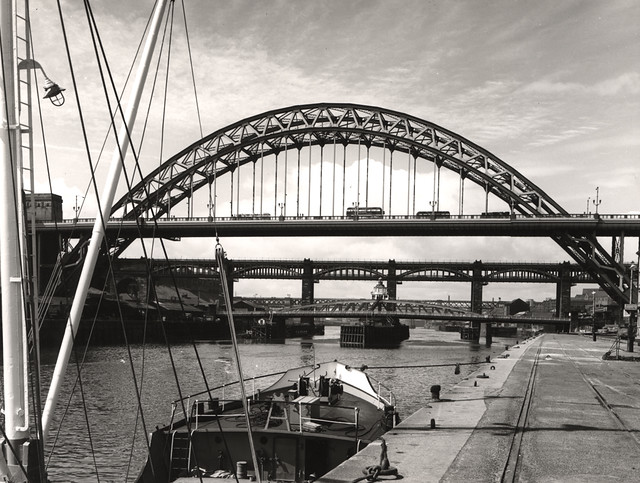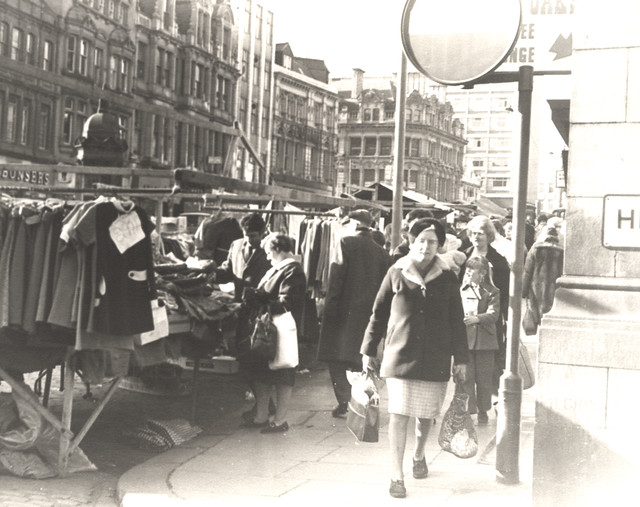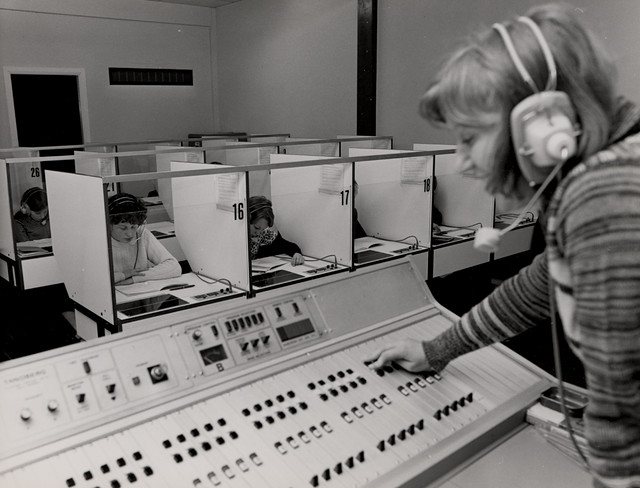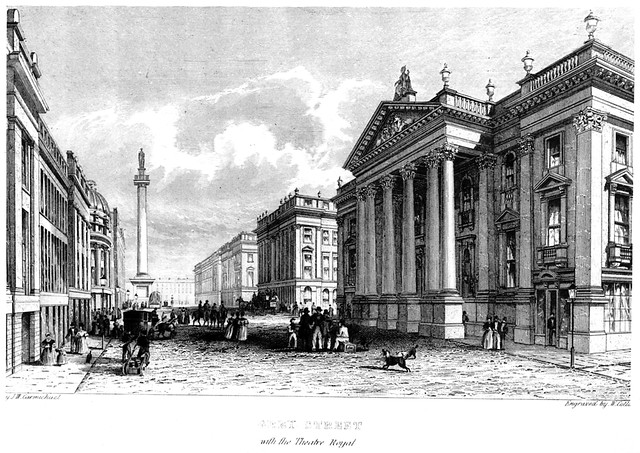4) A history of Newcastle upon Tyne:1960s and 70's

-
Description
Article on food in Newcastle - http://www.foodsafetypolicy.com/food-retail-newcastle A look back at old scenes of Newcastle upon Tyne Newcastle upon Tyne often shortened to Newcastle is a city and metropolitan borough of Tyne and Wear, in North East England. Historically a part of Northumberland, it is situated on the north bank of the River Tyne. The city developed in the area that was the location of the Roman settlement called Pons Aelius,though it owes its name to the castle built in 1080, by Robert II, Duke of Normandy, the eldest son of William the Conqueror. The city grew as an important centre for the wool trade and it later became a major coal mining area. The port developed in the 16th century and, along with the shipyards lower down the river, was amongst the world's largest shipbuilding and ship-repairing centres. These industries have since experienced severe decline and closure, and the city today is largely a business and cultural centre, with a particular reputation for nightlife. Like most cities, Newcastle has a diverse cross section, from areas of poverty to areas of affluence.Among its main icons are Newcastle Brown Ale, a leading brand of beer, Newcastle United F.C., a Premier League team, and the Tyne Bridge. It has hosted the world's most popular half marathon, the Great North Run, since it began in 1981. The city is the sixteenth most populous city in the United Kingdom; while the larger Tyneside conurbation, of which Newcastle forms part, is the sixth most populous conurbation in the United Kingdom. Newcastle is a member of the English Core Cities Group and with Gateshead the Eurocities network of European cities. The regional nickname for people from Newcastle and the surrounding area is Geordie. The dialect of Newcastle is known as Geordie, and contains a large amount of vocabulary and distinctive word pronunciations not used in other parts of the United Kingdom. The Geordie dialect has much of its origins in the language spoken by the Anglo-Saxon populations who migrated to and conquered much of England after the end of Roman Imperial rule. This language was the forerunner of Modern English; but while the dialects of other English regions have been heavily altered by the influences of other foreign languages—particularly Latin and Norman French—the Geordie dialect retains many elements of the old language. An example of this is the pronunciation of certain words: "dead", "cow", "house" and "strong" are pronounced "deed", "coo", "hoos" and "strang"—which is how they were pronounced in the Anglo-Saxon language. Other Geordie words with Anglo-Saxon origins include: "larn" (from the Anglo-Saxon "laeran", meaning "teach"), "burn" ("stream") and "gan" ("go"). "Bairn" and "hyem", meaning "child" and "home", are examples of Geordie words with origins in Scandinavia; "barn" and "hjem" are the corresponding modern Norwegian words. Some words used in the Geordie dialect are used elsewhere in the northern United Kingdom. The words "bonny" (meaning "pretty"), "howay" ("come on"), "stot" ("bounce") and "hadaway" ("go away" or "you're kidding"), all appear to be used in Scottish dialect; "aye" ("yes") and "nowt" ,"nothing") are used elsewhere in northern England. Many words, however, appear to be used exclusively in Newcastle and the surrounding area, such as "Canny" (a versatile word meaning "good", "nice" or "very"), "bait" ("food"), "hacky" ("dirty"), "netty" ("toilet"), "hoy" ("throw"), "hockle" ("spit"). -
Owner
-
Source
Newcastle University (Youtube) -
License
What does this mean? Unknown license check permission to reuse
-
Further information
Link: http://www.youtube.com/watch?v=te7hM5d6sZA
Resource type: Video
Added by: Simon Cotterill
Last modified: 11 years, 8 months ago
Viewed: 5890 times
Picture Taken: Unknown -
Co-Curate tags










